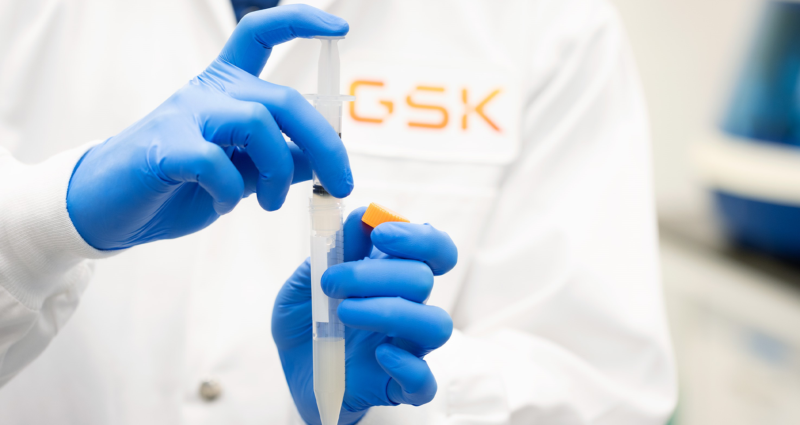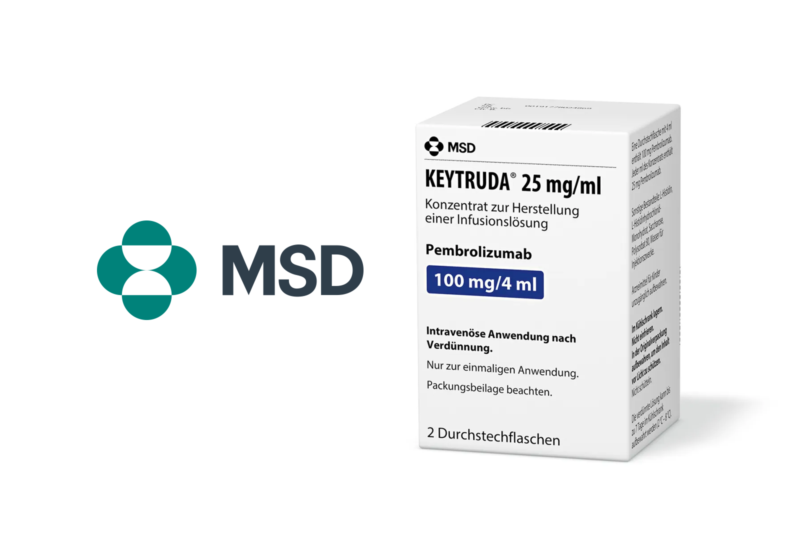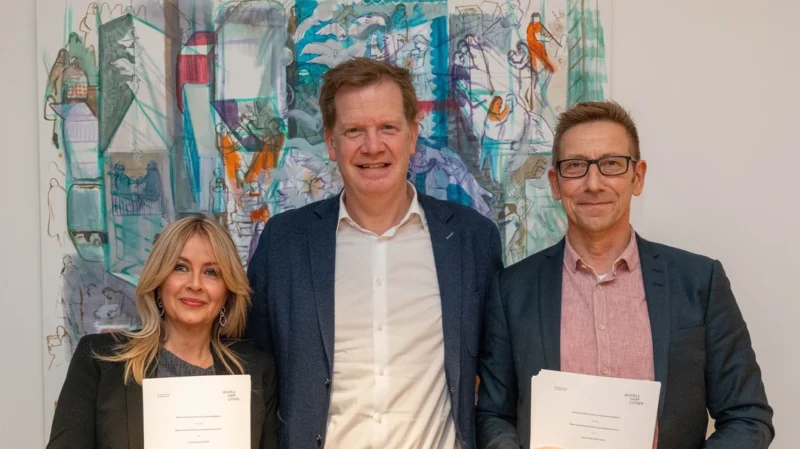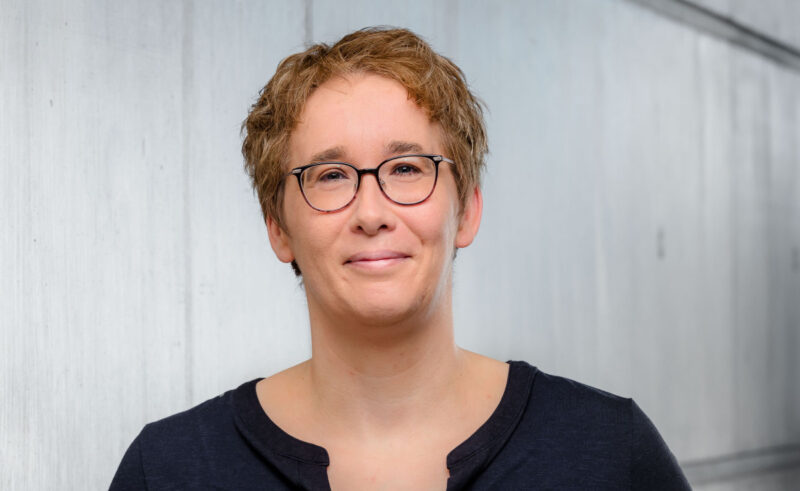
Friday, May 23, 2025
Breakthrough in Pulmonary Fibrosis Research: Boehringer Ingelheim Introduces Promising Drug Nerandomilast
Pulmonary fibrosis is one of the most devastating lung diseases, affecting millions of people worldwide. Current treatments can only slow its progression – a cure remains elusive. But a glimmer of hope is on the horizon: Boehringer Ingelheim is developing Nerandomilast, an innovative drug candidate that may redefine how this condition is treated.
The development of Nerandomilast spans more than two decades. Initially explored as a treatment for COPD, the compound soon revealed stronger potential in addressing idiopathic pulmonary fibrosis (IPF) – a particularly aggressive form of the disease.
“It means a great deal to me to have witnessed and supported this journey from the very beginning,” says Dr. Peter Nickolaus, Head of Pharmacology for Immunology and Respiratory Diseases at Boehringer Ingelheim. The story of Nerandomilast exemplifies the challenges and unexpected breakthroughs of drug development.
Pulmonary fibrosis causes scarring in lung tissue, severely reducing oxygen transfer to the bloodstream. Symptoms such as breathlessness, chronic cough, and fatigue make everyday tasks incredibly difficult. In many cases, life expectancy without treatment is just three years.
Boehringer Ingelheim previously introduced Nintedanib (OFEV®), one of only two approved drugs for IPF. While effective in slowing disease progression, side effects like nausea and diarrhea have limited its use. Nerandomilast, however, has shown a markedly improved side effect profile in early clinical trials. As a novel PDE4B inhibitor, it selectively targets the PDE4B subtype believed to avoid the gastrointestinal side effects associated with PDE4D inhibition.
The global FIBRONEER™ clinical study program – spanning over 40 countries and enrolling more than 1,170 patients – has already achieved its primary endpoints. This marks the first time in ten years that Phase III studies for pulmonary fibrosis have produced such promising results. Full data is expected in the first half of 2025.
In 2022, the U.S. FDA granted Nerandomilast both Breakthrough Therapy and Orphan Drug designations for IPF treatment – long before the latest positive trial outcomes. Yet, for researchers like Dr. Nickolaus and Dr. Susanne Stowasser, this is only part of the mission. “Our ultimate goal is to stop disease progression entirely – not just slow it down,” says Dr. Stowasser, Deputy Head of Inflammation Medicine at Boehringer Ingelheim.
Nerandomilast may not be on the market yet, but it already stands as a symbol of scientific progress and a shared commitment to delivering life-changing therapies for those living with pulmonary fibrosis.







